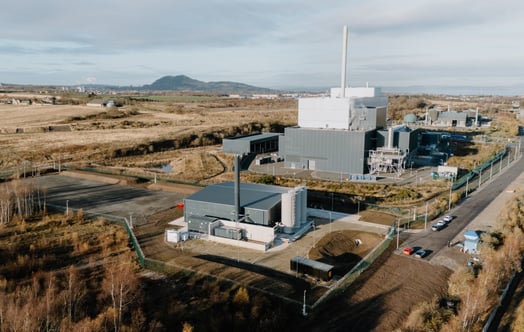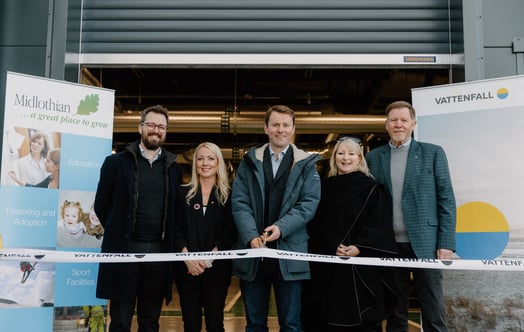
"Doing green mortgages on their own won’t change anything without investing in the supply chain.", says MD Mike Reynolds to the FT Adviser this week.
I just bought a new home with a 40 year old boiler in it on it's last legs. This information is provided to my mortgage provider at the point of survey - both in the valuation survey and the detailed building survey.
It strikes me that this is the natural point to ask me to replace my 50% efficient (if I am lucky) boiler with a new low carbon alternative. I am thinking about money, and I am raising finance anyway through my mortgage - the incremental cost of a low carbon heating upgrade at the point of sale, at a 2.5% interest rate over 30 years surely makes more sense as a way of my paying for an upgrade than any alternative mechanisms available.
1.7M new gas boilers with a new 15 year fossil-fuel life are installed every year, locking in more problems for the future. If we don't convince consumers to change and provide the financing and scalable solutions necessary then the switch to a net zero economy is nothing more than great media. Vattenfall is working hard to approach the problem from every angle and it is clear to us that we cannot levy the cost of decarbonising heat only on to customer bills. The hundreds of billions of infrastructure investment must be financed through different mechanisms and one moment when consumers have access to the capital to front the investment needed is when they are financing or refinancing their property.
Clearly a scalable, efficient and robust supply chain is needed, and that is where businesses like Vattenfall play our part - standing behind the design, installation, and operational risk associated with these large scale infrastructure roll outs, and frequently providing investment as well. If we are going to decarbonise buildings fast then we need to bring a broader community together than just the energy sector.
At Vattenfall we want to be a part of a wider discussion with large property owners and financiers about how we really roll out low carbon heating at scale, and critically, how do we make it easy for the consumer to generate that much-needed "Pull" from the buyer.
Watch this space over the coming months for more on our own thinking and guest blogs from non-energy experts.

Mike Reynolds in FT Adviser
As more and more lenders dip their toes into the green mortgage market, energy firms remain wary about how much these loans will really help in reaching the government-set target of net-zero carbon emissions by 2050.



